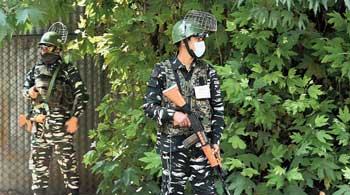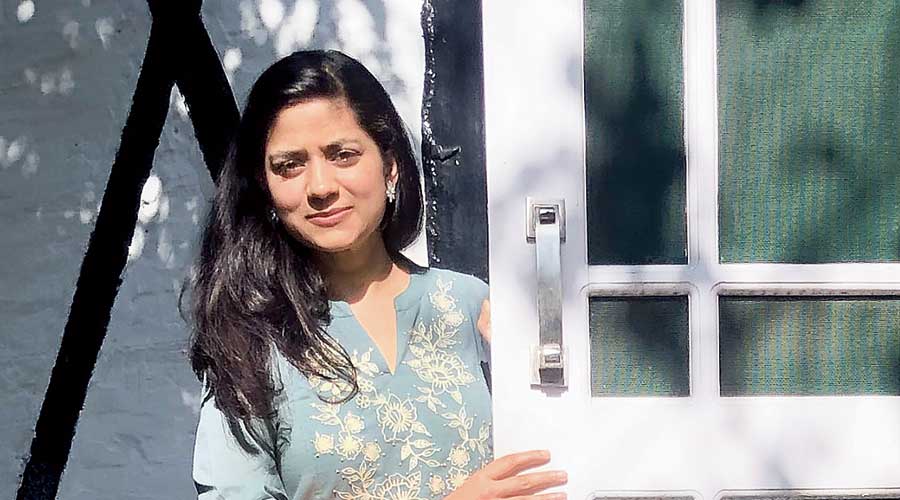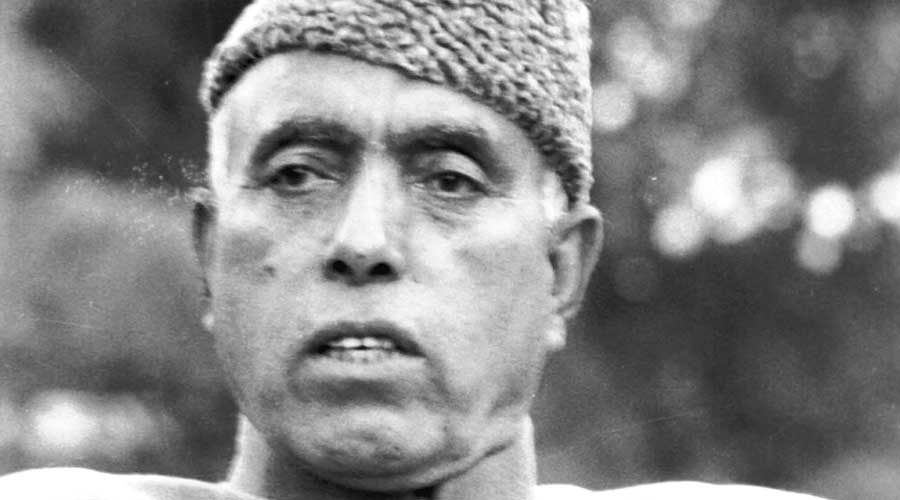The Valley’s mainstream parties are anxious to revive politics as they’ve known it; they are the most clueless on how to go about it.
Politics has become a fraught and baffling thing in Kashmir. Kashmiri politicians are the most fraught and baffled lot.
As one former minister, currently cooling his heels at home after a long spell of incarceration, said: “Delhi has declared us anti-nationals after all these years of holding up the Indian flag. The people blame us for being traitors and collaborators and Delhi’s agents. Where do we start?”
But there is a greater concern that vexes them: will they even be allowed to start? And if they are, what sort of start will that be? Politics as it used to be was delicensed by the summary diminutions of August 5, 2019. Its renewal has become a thing of charity at New Delhi’s disposal; nobody here seems sure what the scope and shape of the new rules of play will be.
I put it to a senior National Conference (NC) leader if they were any wiser after turning up for the meeting called by Prime Minister Narendra Modi last month. He first shook his head in resignation, and then said: “No.”
I asked him what the Kashmiri parties had gone there hoping for, and he said: “Well, we believed we will get some sense of what the thinking was in New Delhi, what they make of our demands, what is the road ahead. We got nothing, no insights at all.”
He then added with a sardonic grunt: “What we did get was a demonstration of how divided Kashmiri leaders and parties are. Delhi ensured that those differences were articulated to the degree that they got one of us (former PDP deputy chief minister Muzaffar Hussein Baig) to say that Article 370 should not be discussed because it is sub judice. This is the same man who came to the preparatory meeting of the Gupkar Declaration with piles of judicial paperwork on how we should fight for the restoration of all that was taken away two Augusts away.”
A PDP leader, also familiar with what transpired at that meeting, picked out another symptom of how they had been collectively reduced. “Look at the range of demands previously made by some of those present at the Prime Minister’s table, everything from outright independence and separate nationhood to self-rule to autonomy. And what have been left to demand now? A beholden statehood for a moth-eaten province? And who says we are even getting that?”
Politicians across the board in the Valley are lost on what they will get from New Delhi; they are lost equally, perhaps more, on what they would give the people. Between the looming puzzlement over the getting and the giving, Kashmiri politics lies verily immobilised. They seem like a set that’s been abandoned on an unfamiliar crossroads and doesn’t know how to pick its way back.
It cannot be of any comfort to the NC and the PDP, established monopolists of power in the past, that they have for company two up and rising competitors in Sajad Lone’s People’s Conference and Altaf Bukhari’s Apni Party. Both parties have grown exponentially in profile and purchase recently, they’ve snagged prominent players from both the NC and the PDP, they’ve been afforded greater access by the powers, they have come to enjoy the overt and covert privileges of what you might call the King’s party, groups patronised tacitly by New Delhi.
“It is lost on nobody that the Modi establishment has a deep dislike for both the NC and the PDP. Modi himself has made it plain he wants to uproot their monopoly,” says a senior Srinagar-based journalist. “It cannot be unfair to conclude that both Sajad and Altaf are being propped up and aided by New Delhi as part of a design to reshape the politics of Jammu and Kashmir.”
The final contours of such reshaping are Kashmir’s worst-kept secret, and most likely its worst fear as well: a government with a BJP man as elected head. That, to many observers here, is the first major milestone New Delhi is manoeuvring to achieve on the track it put Kashmir on two Augusts ago.














